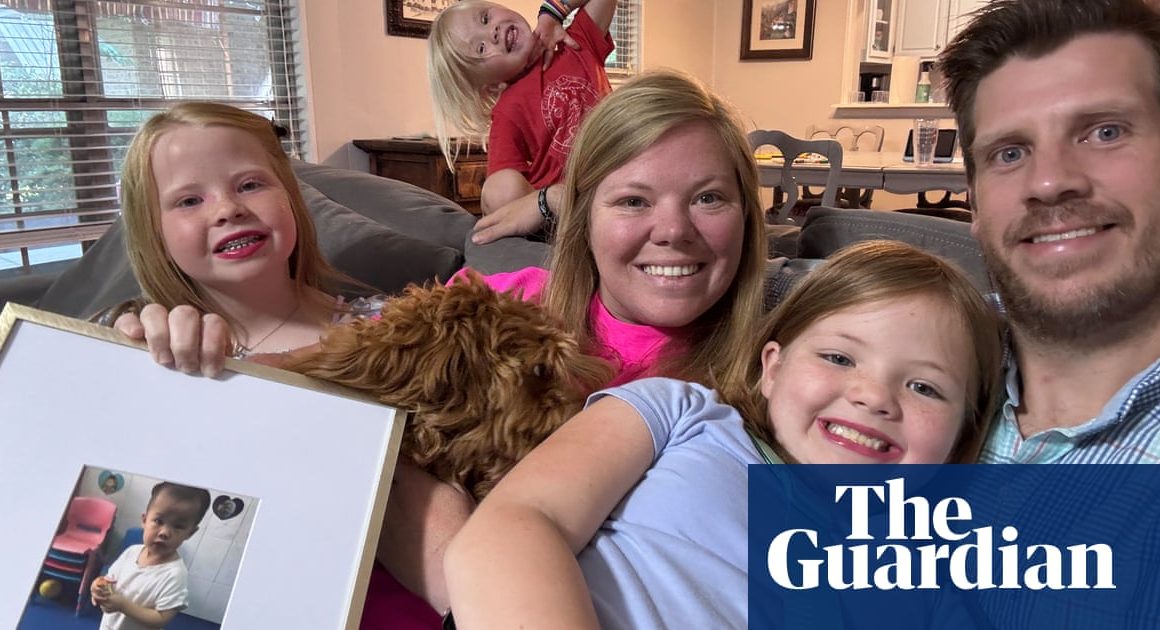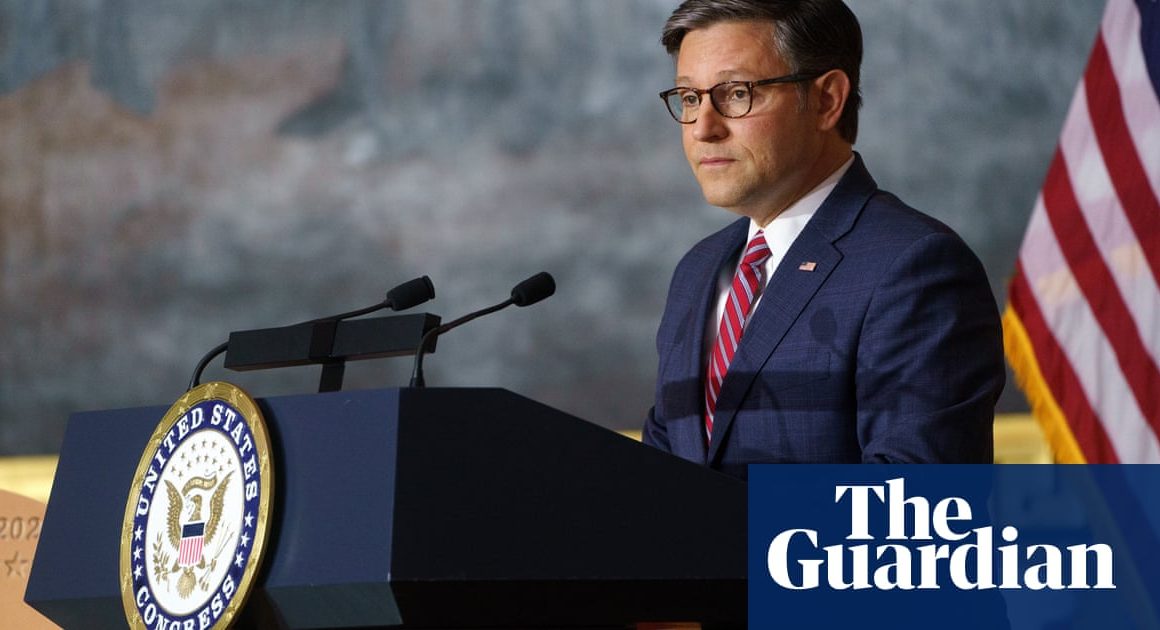Gershon Baskin, an Israeli hostage negotiator, knows what it takes to make a deal with Hamas. He began contact with a senior Hamas official, Ghazi Hamid, in 2006 and the relationship laid the foundation for the deal that freed the Israeli soldier Gilad Shalit in 2011.
“I was focused entirely on freeing Gilad Shalit,” Baskin tells Michael Safi. “That was my mission. That was my job. And I would talk to the devil if that was necessary to bring Gilad Shalit home alive. So I didn’t stop to consider their political positions, or their manifesto and their desire to kill everyone, including me.”
After the deal, Baskin stayed in touch with Hamid, hoping the connection would eventually help to bring peace. “I knew from the very beginning that if we’re going to succeed, it’s going to be based on the personal relationship that we develop. So I made sure over the years that we were talking, that we talked about family, we talked about dreams and hopes, we talked about our childhood.”
After the 7 October attacks, Hamid was interviewed on Lebanese TV. He said: “We must teach Israel a lesson, and we will do this again and again.”
“It was pretty devastating,” Baskin says. “I wrote a letter to him at that point in which I said I never want to talk to him again.
“But a month later, a good Palestinian friend of mine said, ‘you know, Gershon, you made a mistake, because maybe your contact with Ghazi Hamid could save lives.’ And I wrote to him again and I said: ‘Ghazi, if talking with you can save human lives, I’m willing to renew our connection.’ Three weeks later he contacted me and since then we’ve been in contact.”

Photograph: Amnon Gutman/The Guardian
Support The Guardian
The Guardian is editorially independent.
And we want to keep our journalism open and accessible to all.
But we increasingly need our readers to fund our work.
Support The Guardian










